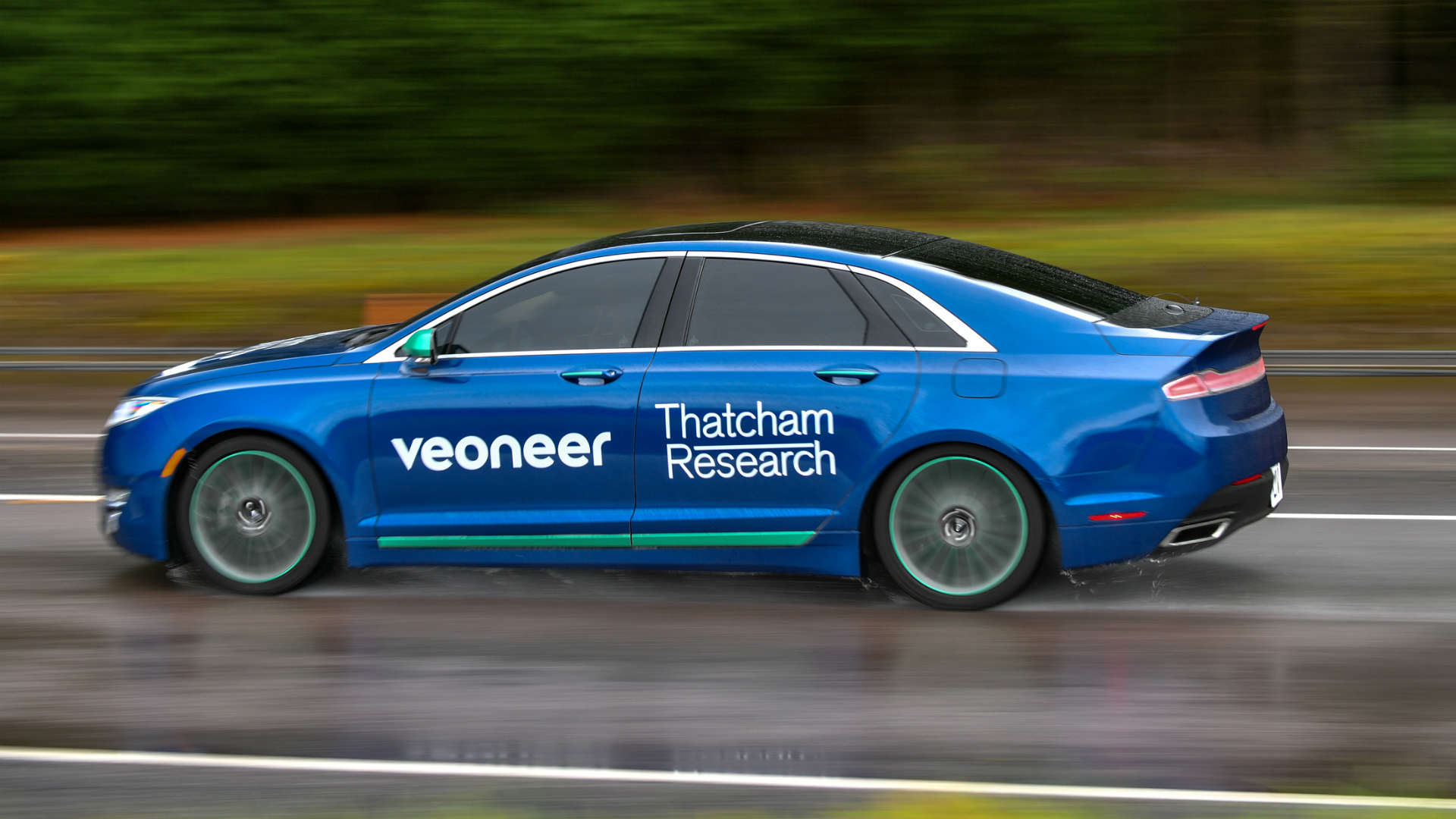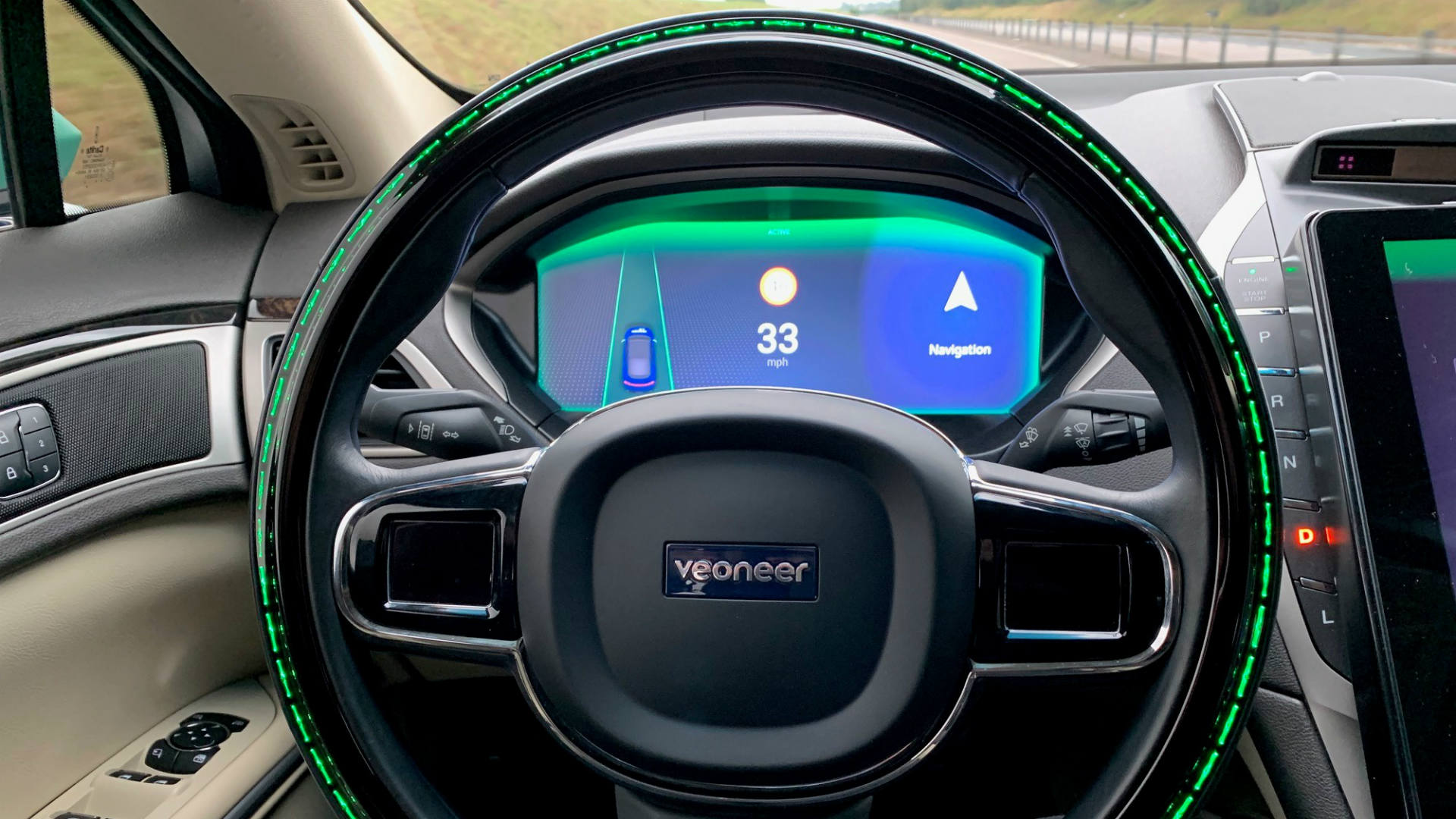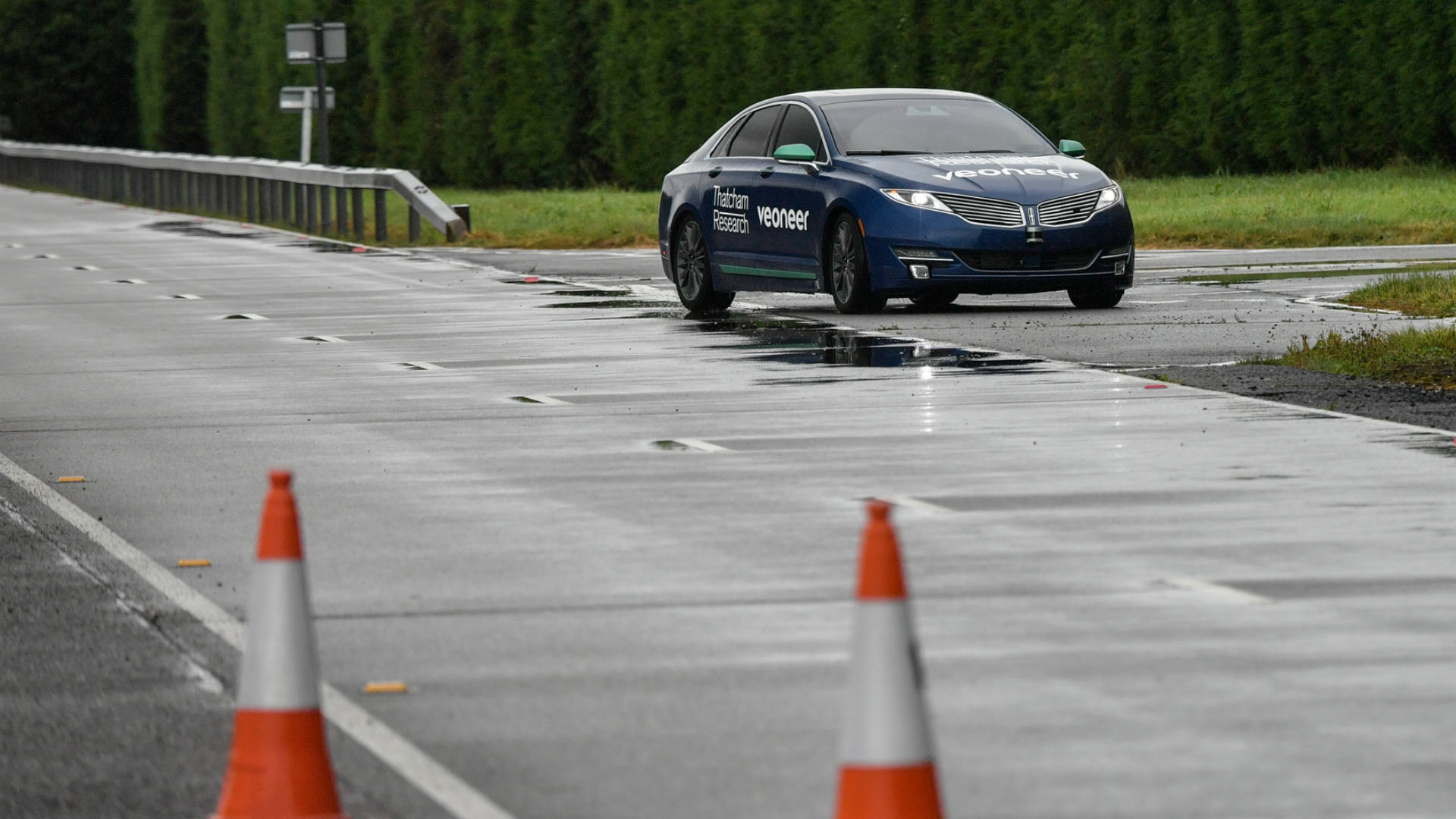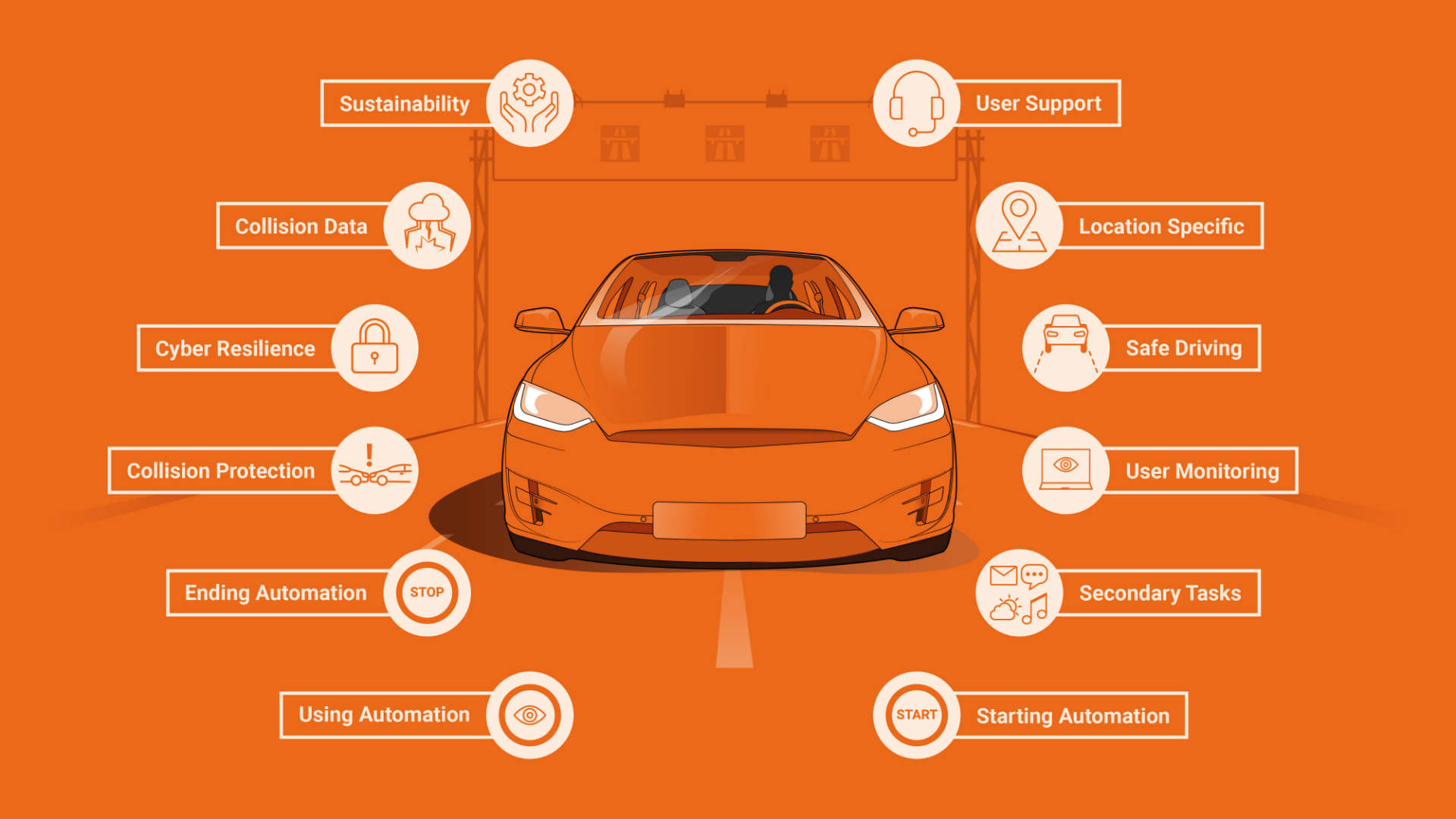
Drivers are most at risk of an accident when taking back control of an autonomous vehicle. That’s the warning from a leading automotive safety research group.
Thatcham Research says full automation, when a driver can ‘safely take a nap at the wheel’, won’t be possible until 2025. Even then, the transition between automation and the driver taking control must be managed carefully, it warns.
The organisation has outlined a dozen principles required for the safe introduction of automated driving systems. These include collision protection, user monitoring, collision data and location specific data.
‘Guardian angel’ role

Although the UK government is predicting the arrival of autonomous cars in 2021, Thatcham Research believes this is premature.
“To avoid introducing a new hazard, the vehicle needs to have an effective driver monitoring system to ensure safe handover of control between driver and vehicle, and that the driver is available to take back control when needed,” Matthew Avery, director of research, has warned.
“The vehicle needs to play a guardian angel role. This is important because if the system can’t handle a scenario, it can bring the driver back into the loop.
“If the driver does not respond, the system should be able to assess the road conditions, just as a human would, and decide on the safest action to keep the car’s occupants and those around them safe.”

While automated driving systems could allow drivers to text, surf the internet or watch a movie while on the move, such activities must be linked to the car’s infotainment system.
“It’s paramount that initial automated driving systems can identify if the driver has become too far removed from the task of driving. This is especially important if the vehicle cannot deal with unplanned situations or when the vehicle is about to transition from the motorway to roads where automated driving will no longer be supported.
“Full automation, where the driver is essentially redundant and can safely take a nap at the wheel, won’t be possible until near 2025 and beyond, even on the motorway,” Avery said.
The 12 principles

The 12 principles, as outlined by Thatcham Research, can be summarised as follows:
- User support: manufacturers must eliminate consumer confusion. Systems must be simple to use with clear and concise interfaces
- Location specific: autonomous driving should be available only when the dynamic conditions allow
- Safe driving: autonomous must interact safely with other road users
- User monitoring: active user monitoring is essential and must not rely on ‘hands on wheel’ detection alone
- Secondary tasks: must be limited to those available via the infotainment screen
- Starting automation: will be possible when certain conditions are met and the driver is in a fit state
- Using automation: must manage the user attentiveness to ensure an effective handover
- Ending automation: must be prepared for planned, unplanned and user-initiated handovers, as well as system failures
- Collision protection: vehicles must be equipped with emergency collision avoidance technology
- Cyber resilience: systems must be designed and maintained to minimise the risks of hacking.
- Collision data: must be available to insurers to confirm whether the system or user was in charge at the time of an accident.
- Sustainability: the emergency collision avoidance technology must maintain functionality for at least a decade.
James Dalton, director of general insurance policy at the Association of British Insurers (ABI), said: “To fully realise the benefits of automation, it is absolutely vital that there is a clear definition of what constitutes an automated vehicle. These latest guidelines will enable the safe introduction of automation on motorways from 2021 onwards.
“There must be robust rules regulating automated vehicles, to ensure that users are aware of their responsibilities. While we expect automated cars to improve road safety, some accidents will still occur. All collisions must trigger data to help authorities and insurers to understand what went wrong and so that passengers can get the help and support they need.”
ALSO READ
Frankfurt Motor Show tightens security after anti-car vandalism
2019 Vauxhall Astra review: cleaner engines slash running costs
Ban regular car sales by 2035 or face ‘dire consequences’ says report